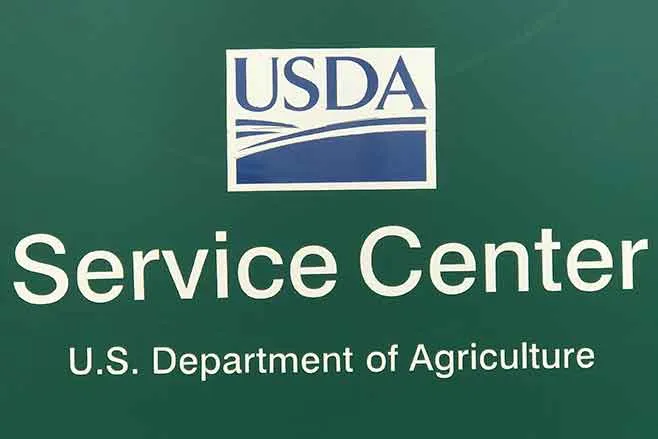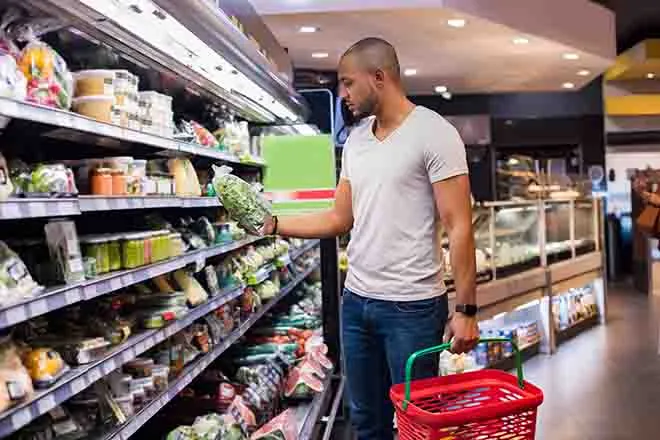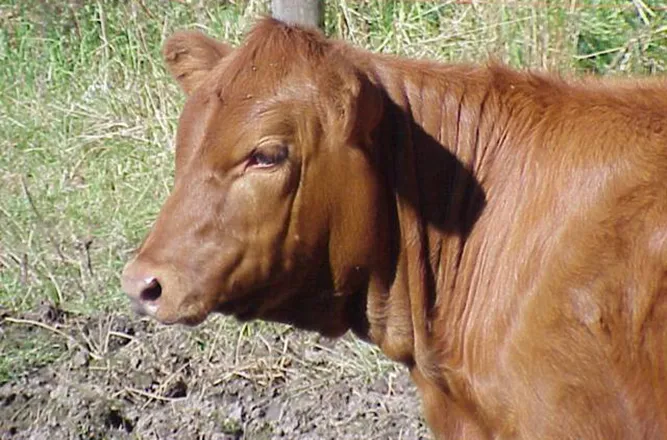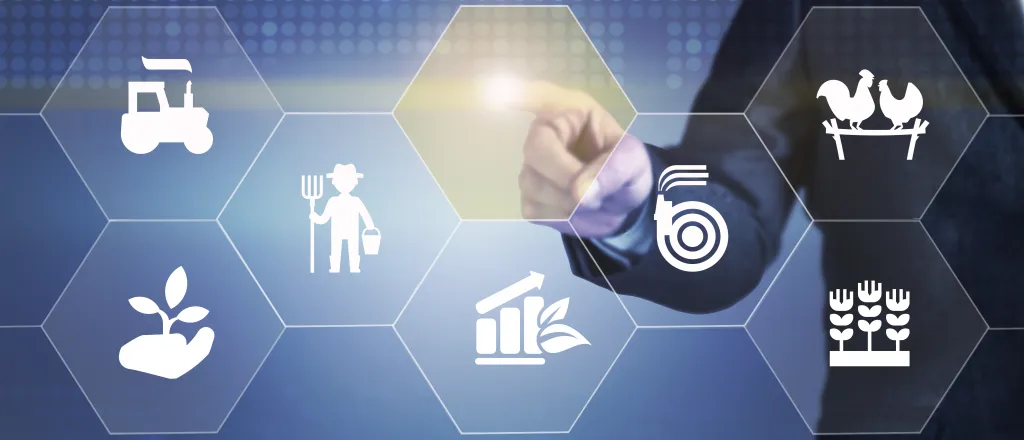
California county ballot measure would ban large livestock farms
© iStock - denizbayram
Click play to listen to this article.
(California News Service) This November, voters in Sonoma County will decide on a first-of-its-kind proposal, known as "Measure J," to ban large concentrated animal feeding operations.
The industrial farms primarily raise chickens, ducks and cattle.
Kristina Garfinkel, a Santa Rosa resident and an organizer with the Coalition to End Factory Farming, said the large operations tend to have poor records when it comes to animal welfare and spark environmental concerns with the odor and runoff from the lagoons of animal waste.
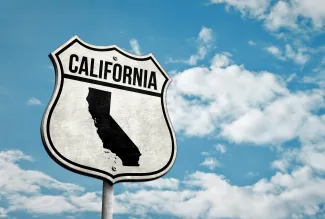
"They pollute water with nitrates, phosphates," Garfinkel outlined. "They also pollute the air through greenhouse gas emissions and they're also just perfect vectors to spread very contagious diseases, such as avian flu and things like that."
The U.S. Environmental Protection Agency and the state monitor the water supply near large farms on a regular basis. The operations are also subject to state rules on animal welfare and often participate in voluntary organic certification programs.
The measure would give the large farms three years to either reduce the size of their herds or flocks, or wind down operations, and it would require the county to retrain any workers who lose their jobs.
Randi Black, dairy adviser for the University of California Cooperative Extension, said Measure J would cost the county millions.
"There is a pretty large impact on both our local agricultural economy but also on our workforce," Black noted. "Both being able to be employed but also on our county budget, in order to provide the mandated training."
A similar proposed ban will be on the ballot in Berkeley this fall but since the city does not have any such large operations, the measure would prevent any future large animal farms from coming in.



